Who controls knowledge? How is indigenous knowledge shared, preserved, and maintained?
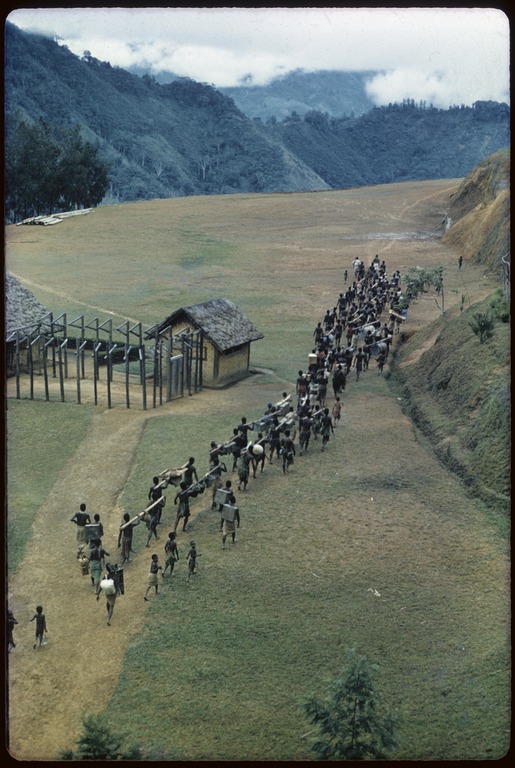
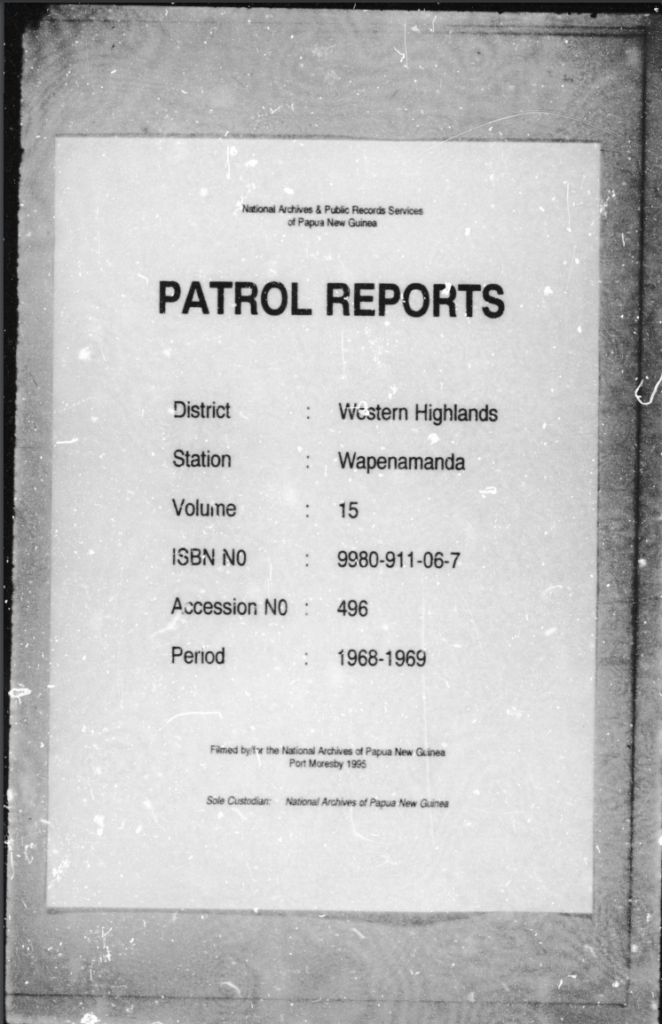
Through an examination of the recently-digitized Papua New Guinea Patrol Reports in the Melanesian Archive at the UC San Diego Library, students dive into first-hand accounts from the post-World War II era of Papua New Guinea (PNG) to analyze these questions.
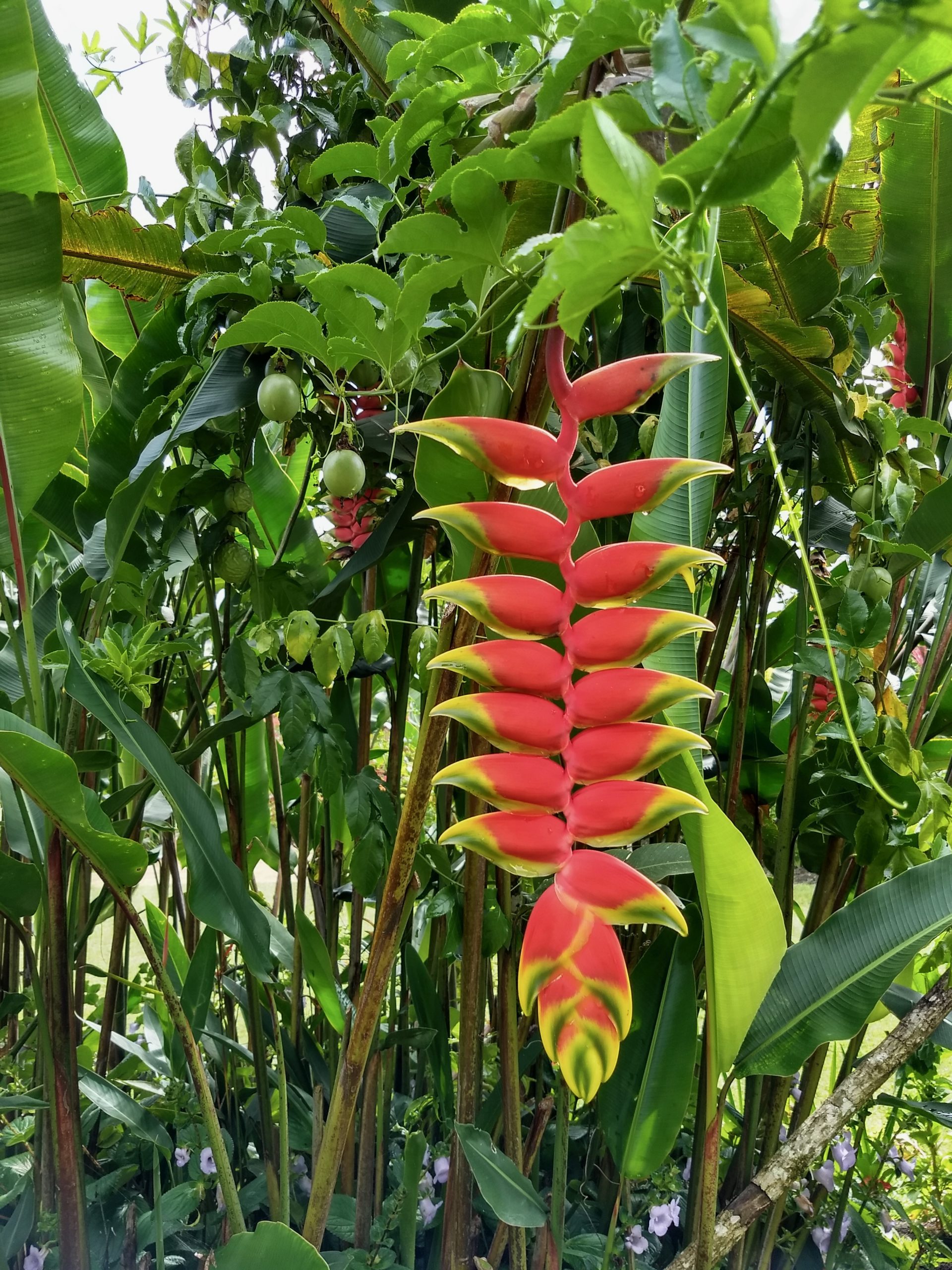
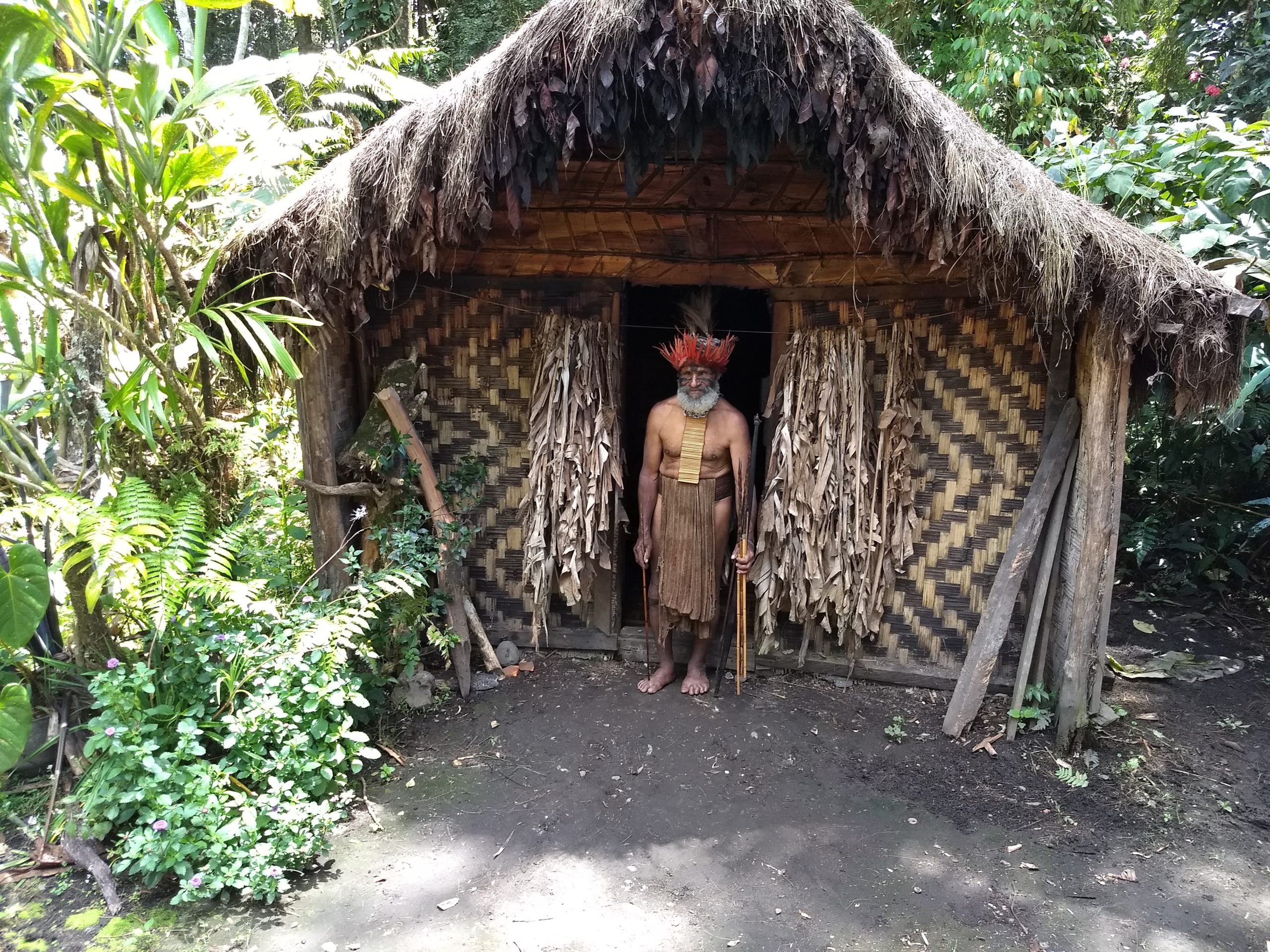
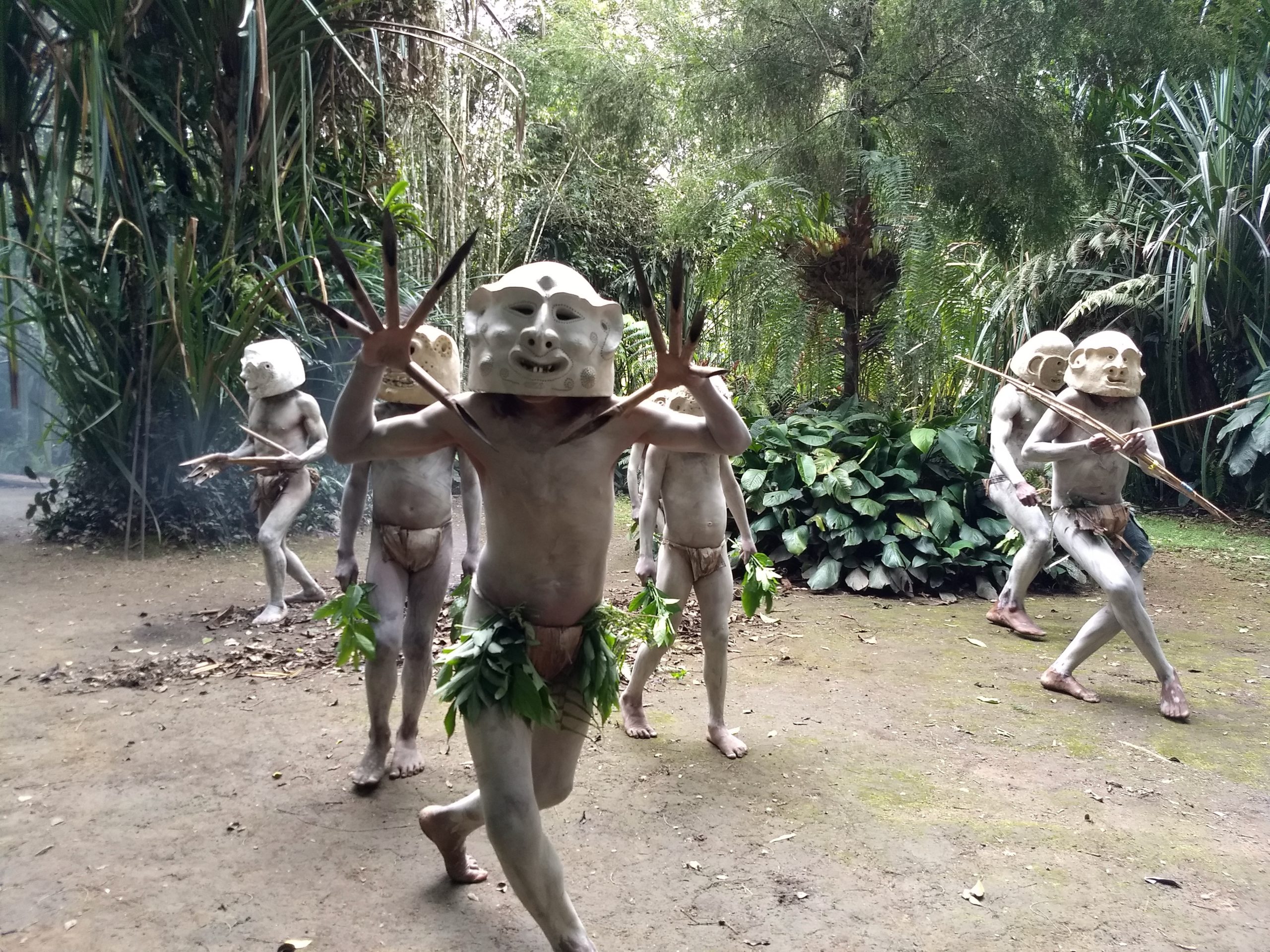
During our journey, we explore how remote indigenous communities were documented by kiaps or patrol officers, capturing information on village life such as census figures, languages spoken, health, food supply, tribal warfare and other local conditions. What were the key characteristics noted by these “explorers”? How did they describe the people of PNG? Who did they have in mind as they wrote these reports?